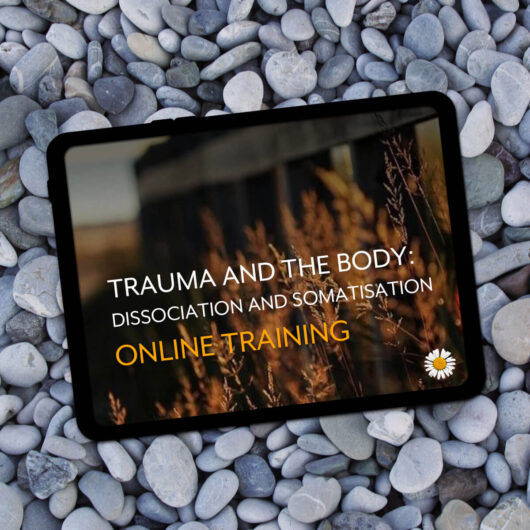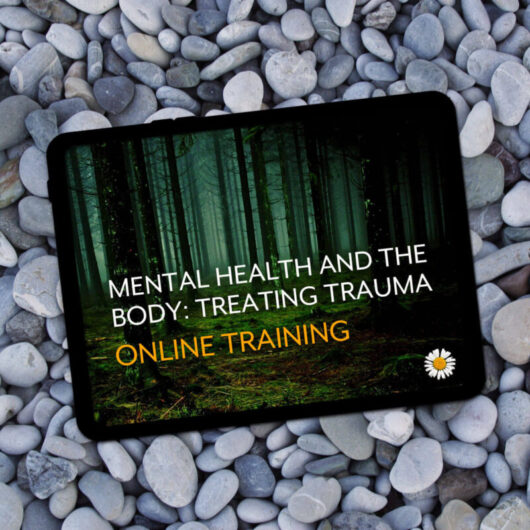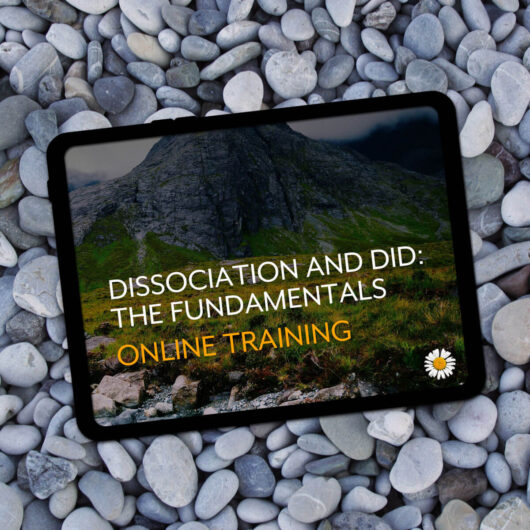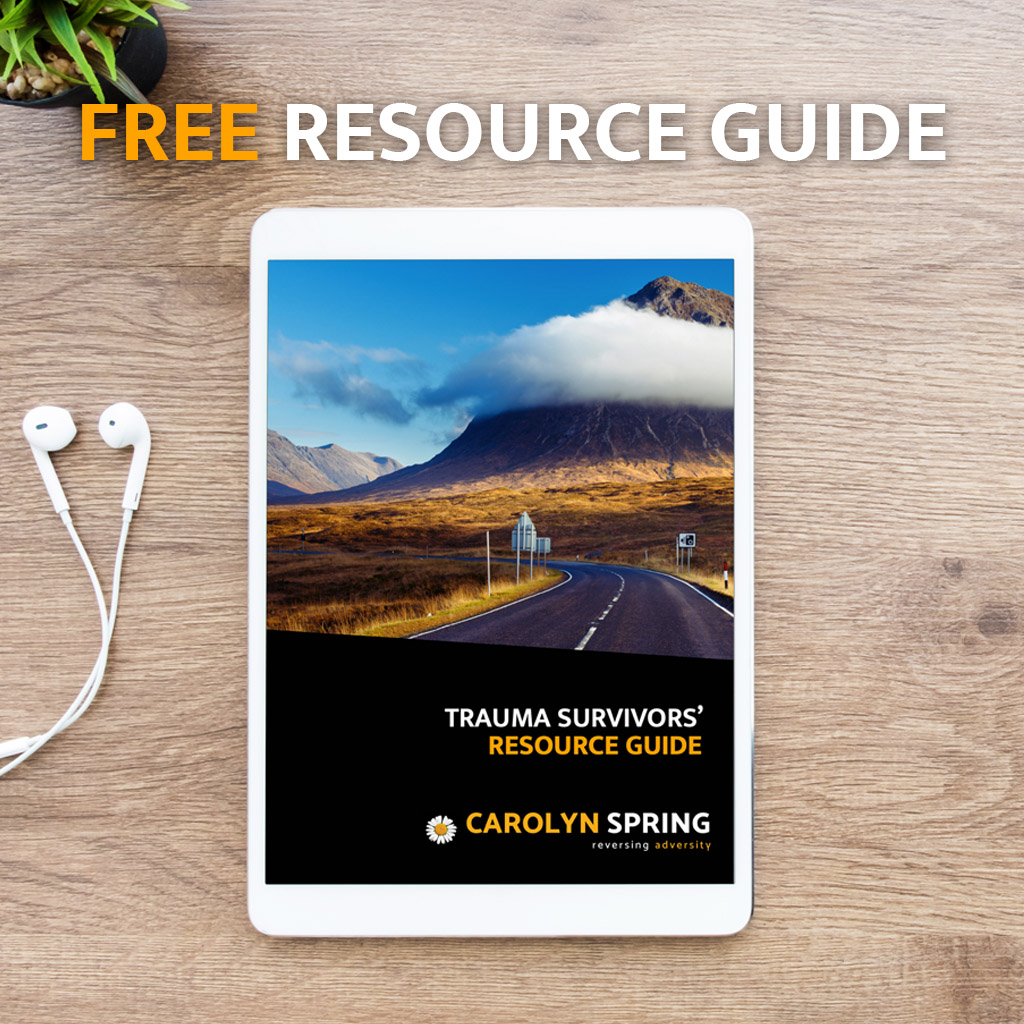
Trauma
Trauma is not just a bad or distressing thing that happens to us. Trauma is an event that changes our neurobiology because we experience life-threatening powerlessness.

Trauma is not just a bad or distressing thing that happens to us. Trauma is an event that changes our neurobiology because we experience life-threatening powerlessness.
‘To be traumatised’ means that there are fundamental changes in the way that our bodies and brains react to perceived threat, process information and store and retrieve memories. It is not just being upset at a bad thing happening.
When we experience trauma, there is a fundamental shift in the way that we perceive the world, other people and ourselves.
Trauma disconnects us both from ourselves and from others. It profoundly impacts our ability to manage our emotions and stay in ‘the green zone’.
Psychotherapy for trauma survivors is fundamentally different to ‘regular’ therapy: the brain is geared for 0 or 10, of avoidance and amnesia, or overwhelm and flashbacks.
We need to understand how trauma changes the brain and body in order to recover from it. We need to treat trauma with the respect it deserves, but not assume that its impacts are irreversible.
Explore our resources below, especially our ‘Trauma and the Body’ Online Training to find out more.

Trauma doesn’t just affect the mind and the emotions. It profoundly affects the brain and the body too. Often ‘the body remembers’ what the mind cannot, manifesting not just in long-term psychological difficulties but in physical ones too. Trauma is not something ‘all in the mind’, or something that we can just think or talk ourselves out of. On this course I look at how there is no real split between ‘body’ and ‘mind’ – and certainly not when it comes to trauma.
Start Learning
Trauma is a supremely physical phenomenon, manifesting not just in our emotions and mental states, but also in our bodies. Trauma results in significant emotional distress and fear-based dysregulation, but also in long-term bodily inflammation and sleep disturbances, which in turn inhibits the processing of traumatic memory. And so it makes sense that our bodies also need to be involved in recovering from trauma: this course shows you how.
Start Learning
When faced with overwhelming trauma, dissociation can be the only logical thing our brains are able do to help us to survive. Join me as I explore what happens in the brain during trauma, why dissociation is the brain’s best way of surviving when overwhelmed by life-threat, how dissociative disorders develop and how best to support trauma survivors rediscover a sense of safety with a dysregulated nervous system.
Start Learning
Recovering from trauma takes time. In this podcast, I look at how we often missed out on developmental stages during childhood, and how we have to learn what we were not in a position to learn as children - not least our ability to regulate our emotions, which isn’t a sign of character deficiency, but simply the loss of opportunity.
Listen Now
Recovery from trauma is a journey, an orientation, a direction, not a specific location. Just head north - where you're at is less important than which direction you're headed in. In this podcast, I discuss why we can feel that recovery is impossible, how recovery perhaps doesn't look as we imagine it to, and how society needs to help with 'public transport' to help us on our way.
Listen NowGet free Carolyn Spring Trauma Resources when you join my mailing list.
Get free Carolyn Spring Trauma Resources when you join my mailing list.
